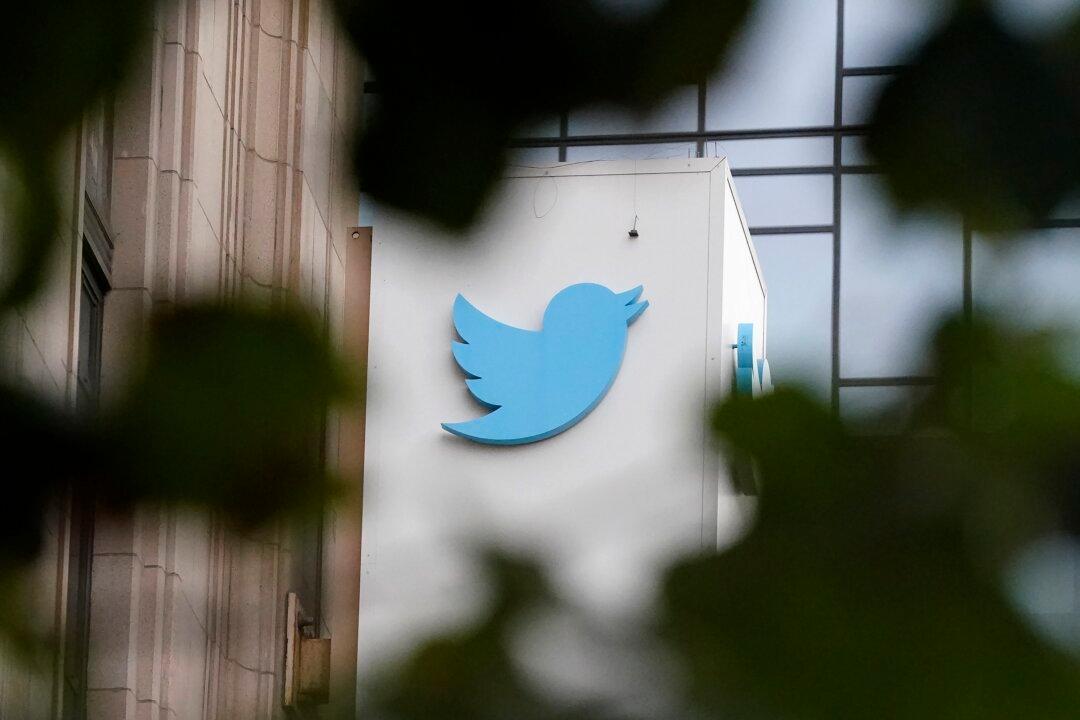Twitter announced on Dec. 18 that it will no longer allow for “free promotion” of certain social media platforms on the site, including Facebook and Truth Social, before appearing to make a U-turn on the decision.
The announcement came shortly after Twitter suspended the accounts of several corporate news reporters for allegedly violating the company’s policy against “doxxing.” The accounts were later reinstated.




